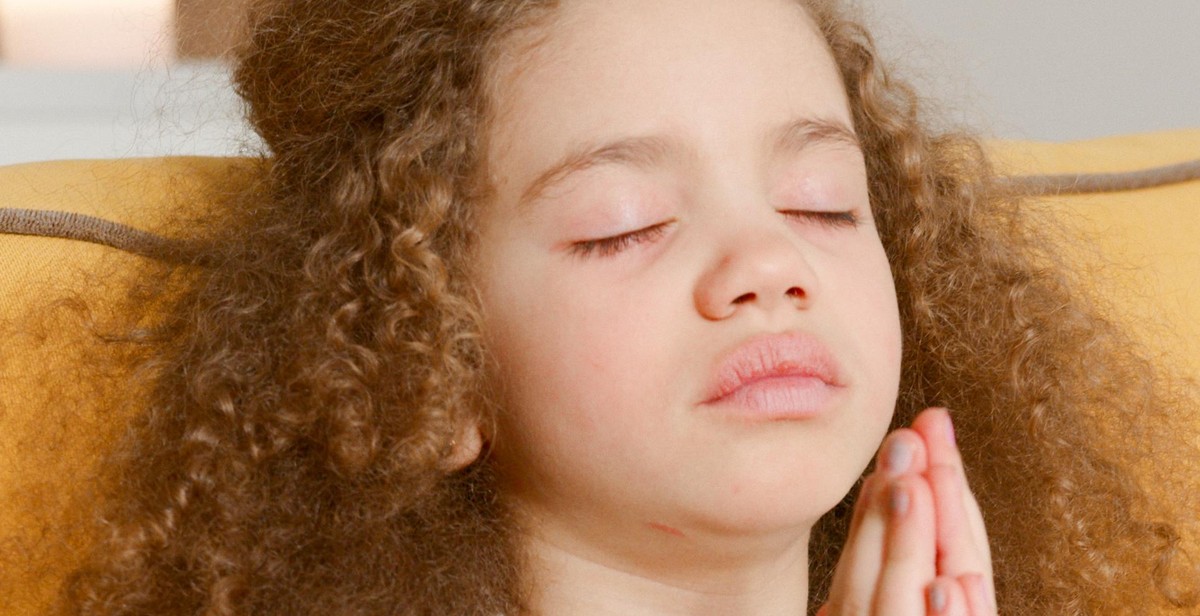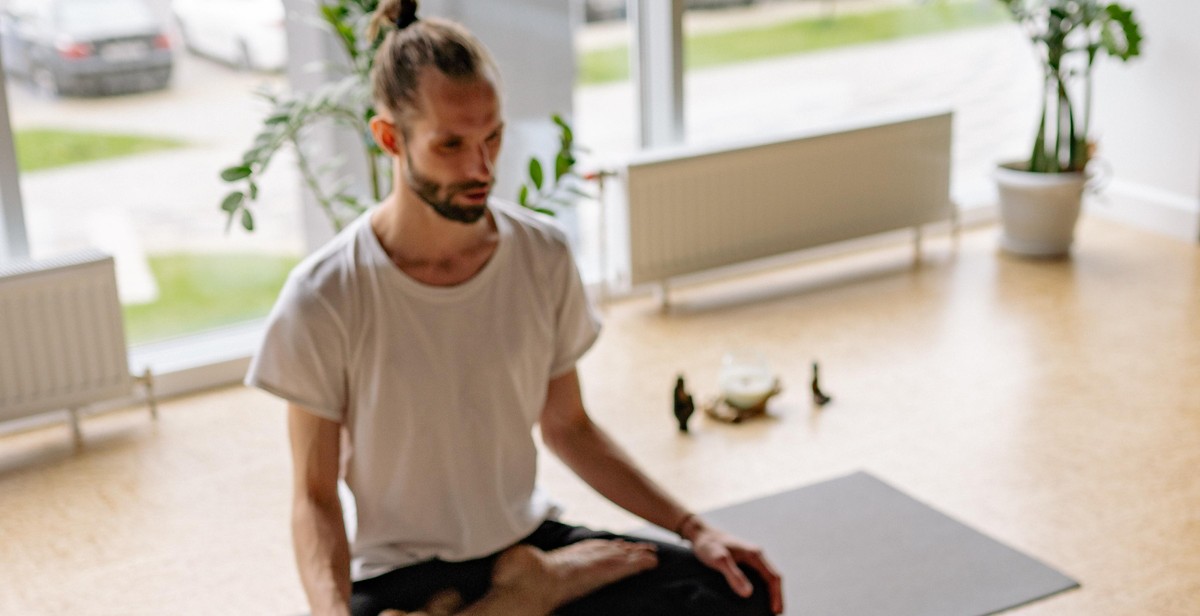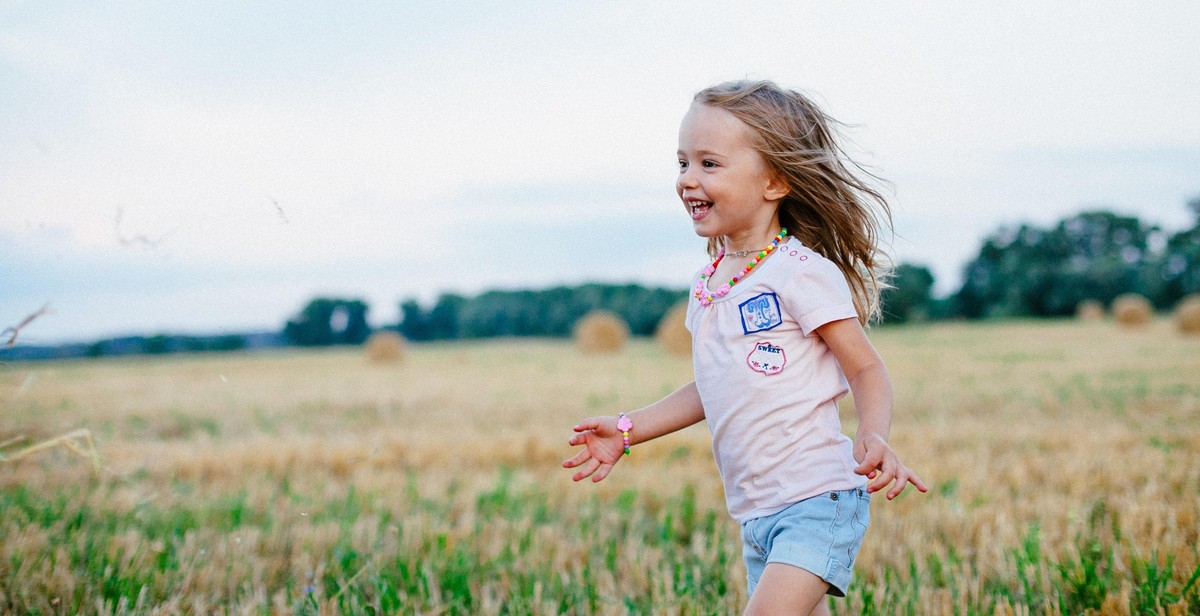The Benefits of Meditation for Reducing Symptoms of Anxiety in Children
Childhood anxiety is a common issue that affects millions of children worldwide. Anxiety disorders in children can manifest in different ways, including excessive worrying, fear, and nervousness. These symptoms can negatively impact a child’s quality of life, academic performance, and social interactions. Fortunately, there are various ways to help children manage their anxiety, and one of the most effective methods is meditation.
Defining Anxiety in Children
Anxiety is a natural response to stress, and it’s a common emotion experienced by everyone, including children. However, when anxiety becomes excessive, it can develop into an anxiety disorder and interfere with a child’s daily life. Anxiety disorders in children can include generalized anxiety disorder, social anxiety disorder, separation anxiety disorder, and specific phobias.
Children with anxiety disorders may exhibit symptoms such as excessive worrying, fear, panic attacks, avoidance behaviors, and physical symptoms like headaches, stomachaches, and difficulty sleeping. If left untreated, anxiety disorders can lead to depression, substance abuse, and other mental health issues.
Fortunately, meditation has been proven to be an effective tool for reducing anxiety symptoms in children. In the following sections, we will explore the benefits of meditation for children with anxiety disorders and how it can help improve their overall well-being.

Understanding Meditation
Meditation is an ancient practice that has been used for centuries to promote relaxation, reduce stress, and improve overall well-being. It involves focusing the mind on a specific object, thought, or activity to achieve a state of mental clarity and emotional calmness.
What is Meditation?
At its core, meditation is a practice that involves training the mind to become more aware and focused. It is often used as a tool to manage stress and anxiety, but it can also be used for spiritual, emotional, and physical purposes.
During meditation, individuals typically sit or lie down in a quiet, comfortable space and focus their attention on a specific object or thought. This could be anything from a mantra or a sound to a visualization or a sensation in the body.
The goal of meditation is to quiet the mind and achieve a state of inner peace and calmness. It can be practiced alone or in a group setting and can be adapted to suit a range of different needs and preferences.
Types of Meditation
There are many different types of meditation, each with its own unique set of techniques and benefits. Some of the most popular types include:
- Mindfulness meditation: This involves focusing on the present moment and developing a non-judgmental awareness of one’s thoughts and feelings.
- Transcendental meditation: This involves using a mantra to achieve a deep state of relaxation and mental clarity.
- Loving-kindness meditation: This involves cultivating feelings of love, kindness, and compassion towards oneself and others.
- Body scan meditation: This involves focusing on different parts of the body and observing any sensations or feelings that arise.
Each type of meditation can be beneficial for reducing symptoms of anxiety in children, and it is important to find the one that works best for each individual.
| Type of Meditation | Benefits |
|---|---|
| Mindfulness meditation | Reduces stress and anxiety, improves focus and attention |
| Transcendental meditation | Reduces stress and anxiety, promotes relaxation and mental clarity |
| Loving-kindness meditation | Increases feelings of compassion and well-being, reduces negative emotions |
| Body scan meditation | Increases body awareness and relaxation, reduces stress and anxiety |
Overall, meditation can be a powerful tool for reducing symptoms of anxiety in children. By practicing regularly, children can learn to manage their emotions, reduce stress, and improve their overall well-being.

Benefits of Meditation for Children
Meditation is a simple yet powerful technique that can help children cope with anxiety, improve their concentration and focus, and enhance their emotional well-being. Here are some of the benefits of meditation for children:
Reducing Anxiety Symptoms
One of the most significant benefits of meditation for children is its ability to reduce symptoms of anxiety. According to research, regular meditation practice can help children manage their anxiety and stress levels, leading to improved mental health and well-being. Through meditation, children learn to focus on their breath and become more aware of their thoughts and emotions, which can help them develop a sense of calm and inner peace.
Improving Concentration and Focus
Another benefit of meditation for children is its ability to improve concentration and focus. Meditation helps children develop their attention and focus skills by training their minds to stay focused on one thing at a time. This can be particularly beneficial for children who struggle with attention deficit hyperactivity disorder (ADHD) or other attention-related issues.
Enhancing Emotional Well-Being
Meditation can also enhance a child’s emotional well-being. By learning to be more present in the moment and accepting of their thoughts and feelings, children can develop a greater sense of self-awareness and emotional regulation. This can help them manage their emotions more effectively and build resilience in the face of difficult situations.
In conclusion, meditation can be a powerful tool for children to improve their mental health and well-being. It can help them manage their anxiety, improve their concentration and focus, and enhance their emotional well-being. By introducing your child to meditation, you are giving them a valuable life skill that they can use to navigate the challenges of life with greater ease and grace.

How to Teach Meditation to Children
Meditation can be a valuable tool for children to reduce symptoms of anxiety. However, teaching meditation to children requires a different approach than teaching it to adults. Here are some tips for creating a successful meditation practice for children:
Creating a Calm Environment
Before starting a meditation session, it’s important to create a calm and peaceful environment. Find a quiet place where your child can sit comfortably without distractions. You can also dim the lights or light a candle to create a relaxing atmosphere. Make sure your child is wearing comfortable clothing and remove any items that may cause discomfort.
Starting with Short Sessions
Children have shorter attention spans than adults, so it’s important to start with short meditation sessions. Begin with just a few minutes and gradually increase the time as your child becomes more comfortable with the practice. You can also use a timer to signal the end of the session and help your child stay focused.
Using Guided Meditations
Guided meditations can be a helpful tool for children who are new to meditation. There are many resources available online, such as videos or audio recordings, that provide guided meditations specifically designed for children. These can help your child stay focused and engaged throughout the session.
Overall, teaching meditation to children can be a rewarding experience for both you and your child. By creating a calm environment, starting with short sessions, and using guided meditations, you can help your child develop a valuable tool for reducing symptoms of anxiety.

Conclusion
Meditation is a powerful tool that can help children reduce their anxiety symptoms and improve their overall mental health. By practicing meditation, children can learn to focus their minds, regulate their emotions, and cultivate a sense of inner peace and calm.
Studies have shown that meditation can be particularly effective in reducing symptoms of anxiety in children. It can help them develop coping mechanisms and increase their resilience to stress and other negative emotions.
Parents and educators can play an important role in helping children incorporate meditation into their daily routines. By introducing them to meditation practices and encouraging them to practice regularly, children can reap the benefits of this powerful tool.
It is important to note that meditation is not a substitute for professional mental health care. If your child is experiencing severe anxiety symptoms, it is important to seek the help of a mental health professional.
References
- Black, D. S., & Slavich, G. M. (2016). Mindfulness meditation and the immune system: a systematic review of randomized controlled trials. Annals of the New York Academy of Sciences, 1373(1), 13-24.
- Bögels, S. M., & Restifo, K. (2014). Mindful parenting: A guide for mental health practitioners. Springer Science & Business Media.
- Bögels, S. M., Hellemans, J., van Deursen, S., Römer, M., & van der Meulen, R. (2014). Mindful parenting in mental health care: effects on parental and child psychopathology, parental stress, parenting, coparenting, and marital functioning. Mindfulness, 5(5), 536-551.
- Brown, K. W., & Ryan, R. M. (2003). The benefits of being present: mindfulness and its role in psychological well-being. Journal of Personality and Social Psychology, 84(4), 822-848.
- Creswell, J. D., Pacilio, L. E., Lindsay, E. K., & Brown, K. W. (2014). Brief mindfulness meditation training alters psychological and neuroendocrine responses to social evaluative stress. Psychoneuroendocrinology, 44, 1-12.
